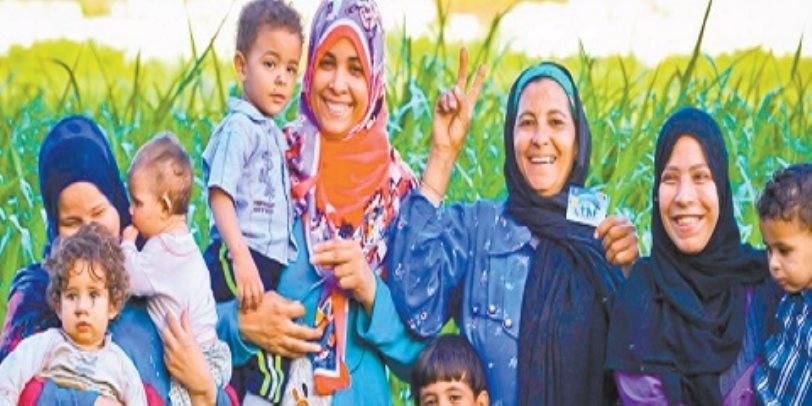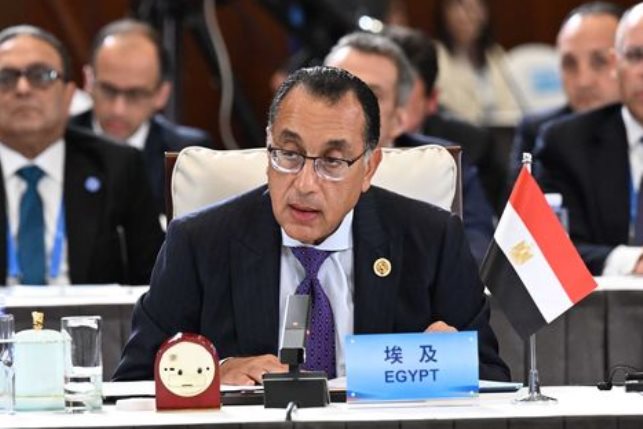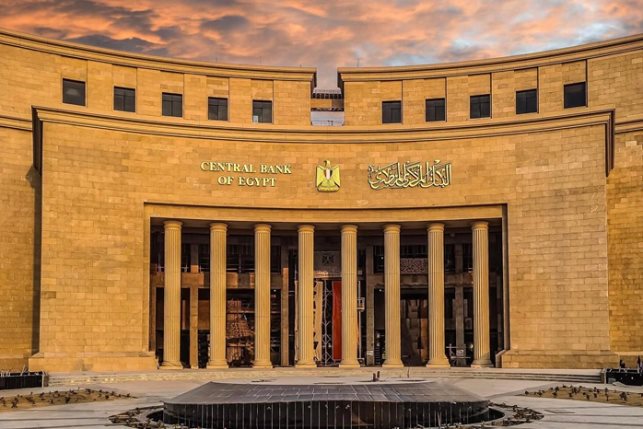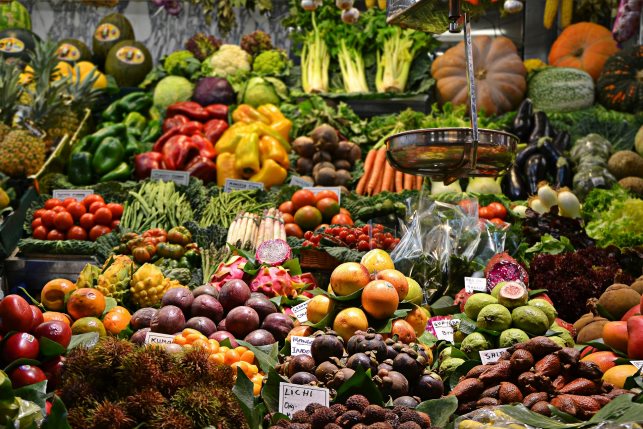Egypt's comprehensive approach to strengthen social justice, economic reforms, food security
To enhance social support and protection programs, Egypt has allocated EGP 529.7 billion, marking a 48.8% increase compared to the previous fiscal year.

Egypt has embraced an approach to achieve social justice by implementing comprehensive social policies to bolster human security.
These efforts have been complemented by economic reforms and the liberalization of exchange rates to ensure stable inflation.
Egypt strengthens social protection within FY 2023/2024 Plan
Notable advancements in Egypt's FY 2023/2024 plan include strengthening social support, raising the minimum wage, and making tax adjustments.
To enhance social support and protection programs, Egypt has allocated EGP 529.7 billion, marking a 48.8% increase compared to the previous fiscal year.
Furthermore, Egypt has raised the minimum wage from EGP 1,200 in March 2019 to EGP 4,000 in September 2023, resulting in a remarkable surge of over 230 percent.
This increase in wages is expected to impose a monthly cost of approximately EGP 2.5 billion on the state's general budget, reaching a total of EGP 25 billion by the conclusion of FY 2022/2023.
To provide additional assistance, the Egyptian government has doubled the exceptional allowance for social pension holders to reach LE 600 up from LE 300, benefiting around 11 million citizens.
This raise has increased the cost to the state's general budget to about EGP 3.3 billion per month, totaling approximately EGP 33 million until the end of the 2023/2024 budget.
Moreover, the minimum income tax exemption has been raised from EGP 36,000 to EGP 45,000, representing a 25% increase or approximately EGP 9,000.
This adjustment incurs a cost of about EGP 3.8 billion for the state's general budget.
Egypt's efforts to provide diversify of commodities
Egypt has also taken measures to bolster its food commodities sector.
In the FY2023/2024 budget, the allocation for supporting food commodities has increased by 36%, reaching EGP 451.7 billion compared to EGP 331.2 billion in FY 2022/2023.
The country has focused on improving the availability of consumer goods in local markets and raising the adequacy levels of strategic goods stocks.
Noteworthy achievements include maintaining wheat reserves for approximately 4.8 months, increasing wheat imports by 30% to 8.3 million tons, and ensuring sufficient supplies of sugar, oil, fresh meat, poultry, and rice for various durations ranging from 3 to 11.8 months.
Efforts to facilitate the release of goods at ports have also been undertaken by the Egyptian government in coordination with the Central Bank of Egypt (CBE) and relevant ministries.
These measures have particularly targeted essential items such as food, medicine, and production necessities, resulting in the release of goods worth over $14.5 billion from January to March 2024.
Additionally, a price reduction initiative has been launched, aiming to decrease prices of seven key commodities by 15 to 25%.
Empowering Middle class initiative
In a bid to empower the middle class, Egyptian President Abdel Fattah El Sisi has issued a series of decisions for social protection.
These initiatives include a 50% increase in the minimum wage, raising it to EGP 6,000.
The wages of workers in state and economic bodies have also been raised to a minimum ranging from EGP 1,000 to 1,200 per month, depending on job grade.
Moreover, attention has been given to the health and education sectors, with an allocation of EGP 15 billion to enhance the wages of doctors, nurses, teachers, and faculty members at universities.
Additionally, EGP 6 billion has been allocated to appoint 120,000 professionals in the medical, teaching, and administrative sectors.
The values of pensions have also been increased within an urgent package for social protection, with a 15 %raise for 13 million citizens, amounting to a total cost of EGP 74 billion.
This increase represents 55% of the pension's value within a year. Furthermore, the tax exemption limit for all state employees in the public and private sectors has been raised by 33%, from EGP 45,000 to EGP 60,000, resulting in an annual cost of EGP 5 billion.
Egypt aims to expand its social protection programs, with a target of allocating 22% of total public spending to social protection during the period from 2024 to 2030, compared to 18% in the preceding period from 2014 to 2023.
Additionally, the Takaful and Karama program, which supports individuals with special needs, will receive increased allocations of EGP 240 billion, benefiting approximately 27 million citizens.
The program's expenditure will rise to EGP 70 billion, benefiting about 3 million citizens during the period from 2024 to 2030, compared to approximately 1.2 million citizens previously.





